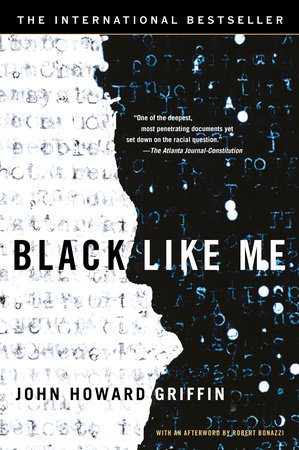Little White LiePosted in Autobiography, Identity Development/Psychology, Judaism, Media Archive, Passing, Religion, United States, Videos on 2015-03-24 00:08Z by Steven |
Independent Lens
Public Broadcasting Service
Monday, 2015-03-23, 22:00 EDT (21:00 CDT) (check schedule here)
Little White Lie tells Lacey Schwartz’s story of growing up in a typical upper-middle-class Jewish household in Woodstock, NY, with loving parents and a strong sense of her Jewish identity — despite the open questions from those around her about how a white girl could have such dark skin. She believes her family’s explanation that her looks were inherited from her dark-skinned Sicilian grandfather. But when her parents abruptly split, her gut starts to tell her something different.
At age 18, she finally confronts her mother and learns the truth: her biological father was not the man who raised her, but an African American man named Rodney with whom her mother had had an affair. Afraid of losing her relationship with her parents, Lacey doesn’t openly acknowledge her newly discovered black identity with her white family. When her biological father dies shortly before Lacey’s 30th birthday, the family secret can stay hidden no longer. Following the funeral, Lacey begins a quest to reconcile the hidden pieces of her life and heal her relationship with the only father she ever knew.
Schwartz pieces together her family history and the story of her dual identity using home videos, archival footage, interviews, and episodes from her own life. Little White Lie is a personal documentary about the legacy of family secrets, denial, and redemption.

